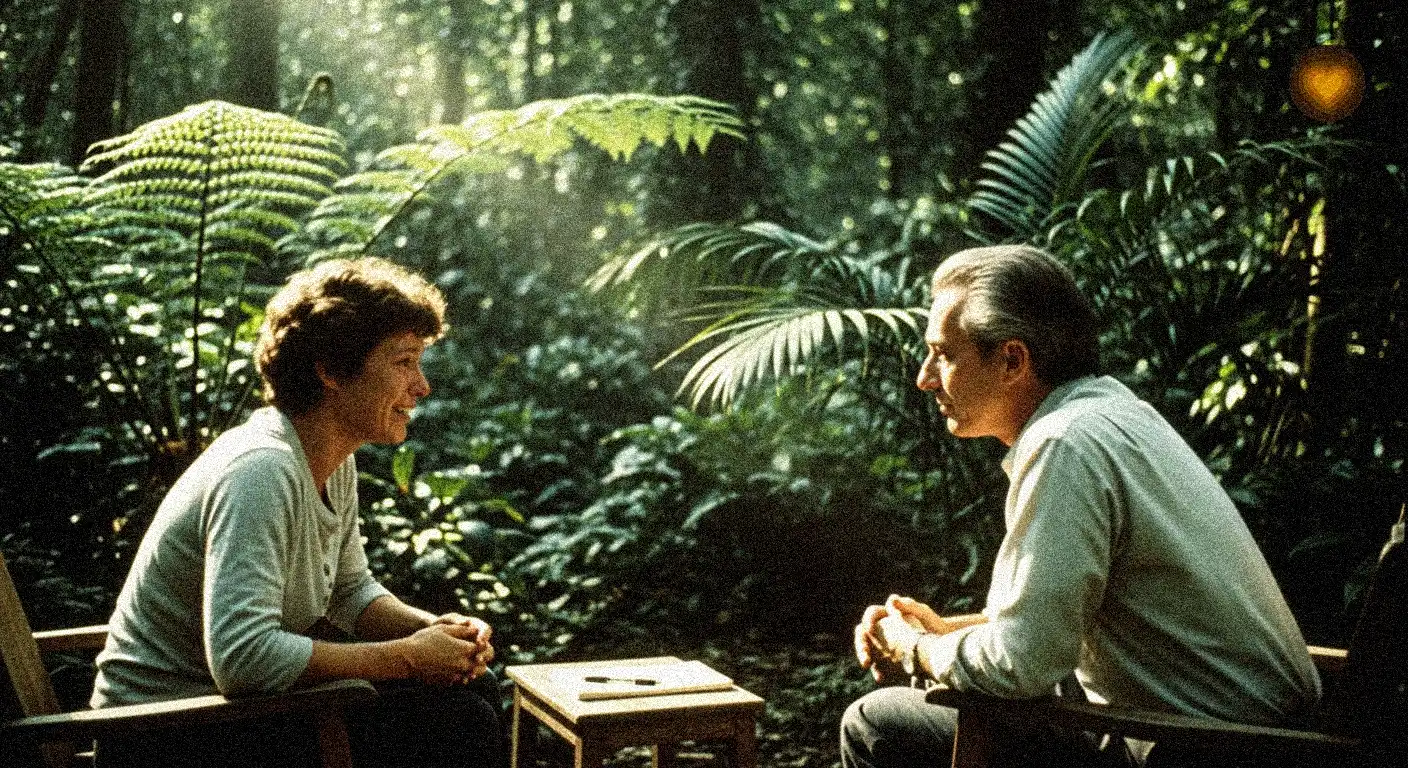Part 5. The Renaissance: Modern Science Revisits Psychedelics
Important Disclaimer: This series explores the historical and cultural context of psychedelic substances. The information presented is for educational purposes only and does not constitute medical advice or endorsement of any particular substance or practice. Always consult with qualified professionals for health-related concerns. Compassion Retreats encourages safe, legal, and intentional exploration within appropriate contexts.
After decades of relative silence from legal restrictions and cultural stigma, the late 20th and early 21st centuries saw a gradual, steady resurgence of scientific psychedelic interest. This "psychedelic renaissance" features renewed focus on therapeutic potential, under far more rigorous methodological standards and stringent regulatory oversight than 1950s-60s research.
Key research institutions, notably Johns Hopkins University and Imperial College London, obtained necessary approvals to restart human studies, often beginning with safety assessments in healthy volunteers. The focus quickly shifted to investigating psilocybin's and MDMA's potential, combined with structured psychotherapy, to treat specific mental health conditions difficult to manage conventionally. This research explores potential benefits; these substances are not approved medical treatments outside clinical trials.

Psilocybin, the compound found in "magic mushrooms," has been a major focus:
- Depression and Anxiety: Several well-designed studies, including randomized, double-blind, placebo-controlled trials, investigated psilocybin-assisted therapy for treatment-resistant depression and for anxiety/depression with life-threatening illnesses like cancer. These studies (primarily Johns Hopkins, Imperial College) reported significant, often sustained, symptom reductions in depression/anxiety, alongside improved quality of life, meaning, optimism, and decreased death anxiety in cancer patients. Effects appear durable, many participants showing benefits months post-treatment. Based on such promising results, the US FDA granted "Breakthrough Therapy Designation" to psilocybin therapy for depression, expediting development/review.
- Addiction: Building on Osmond and others' historical precedent, modern researchers are again exploring psilocybin's potential for substance use disorders, with pilot studies showing promise for smoking cessation and alcohol use disorder.
- Mechanisms of Action: Researchers are investigating psilocybin's brain effects. Studies suggest it alters brain connectivity patterns, reducing "default mode network" integrity (involved in self-referential thought) and potentially promoting neuroplasticity (brain's reorganization ability) by encouraging new neuron connections (synaptogenesis). Theoretical models like REBUS ("Relaxed Beliefs Under Psychedelics") propose psychedelics work by temporarily reducing brain reliance on ingrained beliefs/assumptions, allowing new perspectives and emotional processing.
MDMA (3,4-methylenedioxymethamphetamine), often known as Ecstasy, while structurally different from classic psychedelics like psilocybin, shares the ability to induce profound subjective effects and is being studied for therapeutic use:
- Post-Traumatic Stress Disorder (PTSD): The Multidisciplinary Association for Psychedelic Studies (MAPS), founded 1986 to support psychedelic research after MDMA's Schedule I placement, spearheaded extensive research into MDMA-assisted PTSD therapy. Two large-scale Phase 3 clinical trials (MAPP1, MAPP2) showed participants receiving MDMA with psychotherapy experienced significantly greater PTSD symptom reductions versus placebo with therapy. A high percentage (around 67-71%) in the MDMA group no longer met PTSD diagnostic criteria post-treatment, with lasting effects. MDMA-assisted PTSD therapy also received FDA Breakthrough Therapy Designation. However, in 2024, an FDA advisory committee raised trial design concerns (e.g., functional unblinding, where participants guessed MDMA/placebo receipt) and requested additional data before potential approval.

This modern research wave, while echoing 1950s optimism, operates under a different paradigm, strongly emphasizing safety protocols, careful participant screening, and therapeutic context's crucial role ("set and setting"). Unlike some earlier approaches or countercultural notions, psychedelics are generally seen not as standalone cures but catalysts significantly enhancing the psychotherapeutic process, opening temporary windows for profound emotional/cognitive work. Despite promising findings and regulatory designations, the 1970s prohibition legacy persists. Schedule I classification continues creating significant obstacles for research funding, regulatory navigation, and potential future access, highlighting enduring tension between emerging scientific evidence and long-standing legal frameworks.
Sources for this article
- MDMA and MDMA - Assisted Therapy | American Journal of Psychiatry
- Psychedelics Research and Psilocybin Therapy - Johns Hopkins Medicine
- Psilocybin produces substantial and sustained decreases in depression and anxiety in patients with life - threatening cancer: A randomized double - blind trial - PMC
- Psilocybin for the Treatment of Depression: A Promising New Pharmacotherapy Approach - PMC - PubMed Central
- Psychedelics and health behaviour change - PMC - PubMed Central
- Psychedelics, the Law and Politics - UC Berkeley BCSP
Explore transformational journeys grounded in respect and safety, Individual and couples retreats with Tantra and Psychedelics





